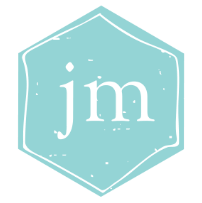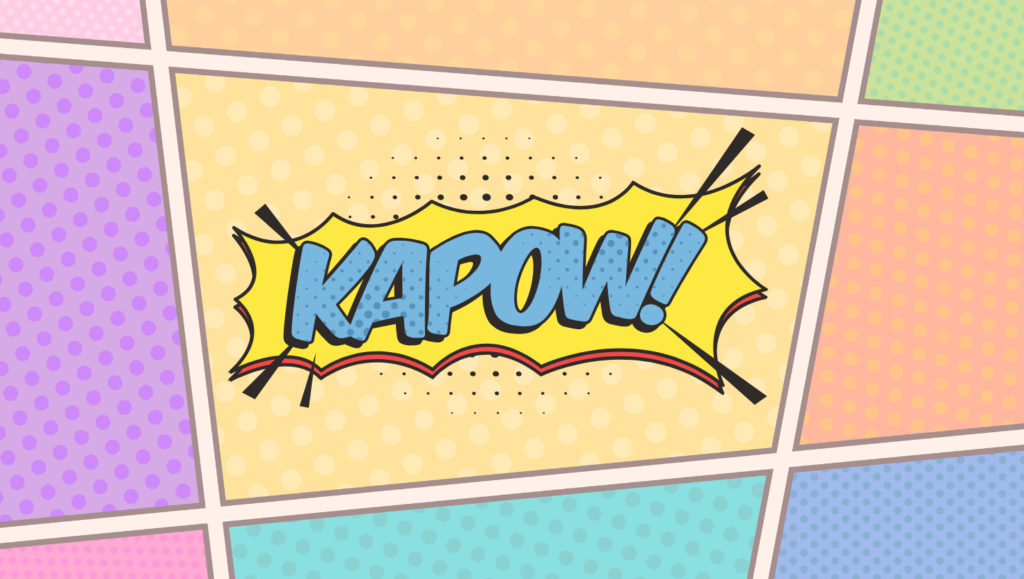There’s something magical about writing. Not just useful, not just necessary—but joyful.
I see it all the time in my workshops: that moment when what’s on the page matches what was in your head – a sentence, a detail, a simile that just works!
Writing can be hard work, for sure. But it can also feel like flying.
What if writing wasn’t something to dread or wrestle with—but something you looked forward to? What if you had powers—real ones—waiting to be unlocked every time you picked up a pen or opened your laptop?

You don’t need a cape. Just a keyboard, a notebook – and maybe your snack food of choice.
Let’s explore the writing superpowers already inside you—and how to unleash them with creativity, clarity, and a bit of fun.
Power #1: Sentence Strength

Your sentences don’t shuffle across the page—they strut. Strong sentences feel good to write. Whether short and punchy or long and lyrical, they carry your voice, your energy, your oomph.
Try this:
- Take a soggy sentence from an old draft. Tighten it, sharpen it. Make it land like a one-liner in a comic.
- See how I used shuffle and strut earlier? Do a “verb upgrade”: replace boring verbs with ones that crackle (e.g., went → darted, lit → sparked).
Why it’s joyful:
There’s deep satisfaction in turning something clunky into something clear. It’s like solving a puzzle—or tuning a guitar string until it sings.
Power #2: Message Precision

Your message is your mission. What do you really want to say? The moment you find it, writing becomes easier—and more exhilarating.
Try this:
- Whether you’re writing a novel or a board report, before you start, finish this sentence: “If the reader remembers one thing, it should be…”
- Midway through your draft, reread your first paragraph. Is your message still shining through?
Why it’s joyful:
Saying exactly what you mean—finally!—is such a rush. It’s like clicking the last piece of a jigsaw into place.
Power #3: Purpose Radar
Purpose is your guiding star. It helps you find your way when writing gets messy (and if you’re doing it right, it will!). But when you’re clear on why you’re writing? That clarity creates momentum.
Try this:
- Draft your final paragraph first. Even just a rough one. It gives your writing direction.
- Write your purpose on a sticky note (“This piece exists to…”) and keep it visible.
Why it’s joyful:
Purpose makes writing feel meaningful. Even the hard parts become part of the adventure.
Power #4: Reader Mind-Reading

No, you don’t need to guess their passwords—but knowing what your reader cares about? That means they’ll want to read your words. Again, this works whether you’re creating a character your readers care about or a report where money is the bottom line.
Try this:
- Imagine your reader stops you every paragraph to ask, “Why does this matter to me?” Write your answer into the next line.
- Read your piece aloud in a sceptical or silly voice—catch moments where the reader might feel lost.
Why it’s joyful:
When you connect with someone—even a stranger—through your words? That’s magic. It’s one of writing’s deepest pleasures.
Power #5: Conciseness Control

There’s something oddly satisfying about cutting clutter. You get to polish your ideas. You get to say more by saying less. It’s the literary version of a spring clean.
Try this:
- Highlight every “filler” word (really, very, just, in order to) and delete 80% of them.
- Turn vague phrases into vivid ones: swap “a lot of stuff happened” for “three projects launched in two weeks.”
Why it’s joyful:
It feels powerful—like you’re sculpting a block of marble and uncovering the shape underneath.
Power #6: Flow Force
When writing flows, it feels like dancing. One idea glides into the next. You’re letting the current of the writing pull you along.
Try this:
- Use transitions like stepping stones: then, however, unfortunately, meanwhile.
- Cut your paragraphs apart and rearrange them like puzzle pieces. The right order often surprises you.
Why it’s joyful:
Good flow makes your writing feel good—not just to read, but to make. It’s that delicious hum of “yes, this is working.”
Power #7: Eloquence Effect
Let’s be honest—this one’s just fun. The pleasure of the perfect metaphor. The thrill of a line that sounds like music. It’s your writerly flair, your sparkle, your style.
Try this:
- Rewrite one sentence three different ways: one plain, one poetic, one playful. Pick your favourite.
- Borrow the rhythm or tone of a writer you love—and then add your own twist.
Why it’s joyful:
Writing can be beautiful just because. You get to play with language. It’s a sandpit, not a test.
Power #8: Persuasion Prowess
Words can change minds—and that’s no small thing. When you write with conviction and craft, your reader doesn’t just understand you—they believe you.
Try this:
- Ask: What would it take to convince me of this if I disagreed? Build that into your draft.
- Try one argument in two voices—gentle and firm. Notice how tone shifts impact.
Why it’s joyful:
There’s real excitement in knowing your writing has weight. That your voice matters. That your ideas land.
Embrace Your Writing Superpowers
Writing isn’t just a task. It’s a playground. A lightsabre. A secret doorway to joy.
In my workshops, I see this all the time. People arrive feeling anxious—and leave laughing, lighter, proud. Not because they wrote the “perfect” paragraph, but because they remembered that writing can be fun.
So don’t wait for the perfect moment or the perfect sentence. Just start.
Write badly. Write boldly. Write with glitter and mess and glee.
And remember: the world doesn’t need flawless writers—it needs fearless ones.
Your superpowers are already there. Time to use them.

